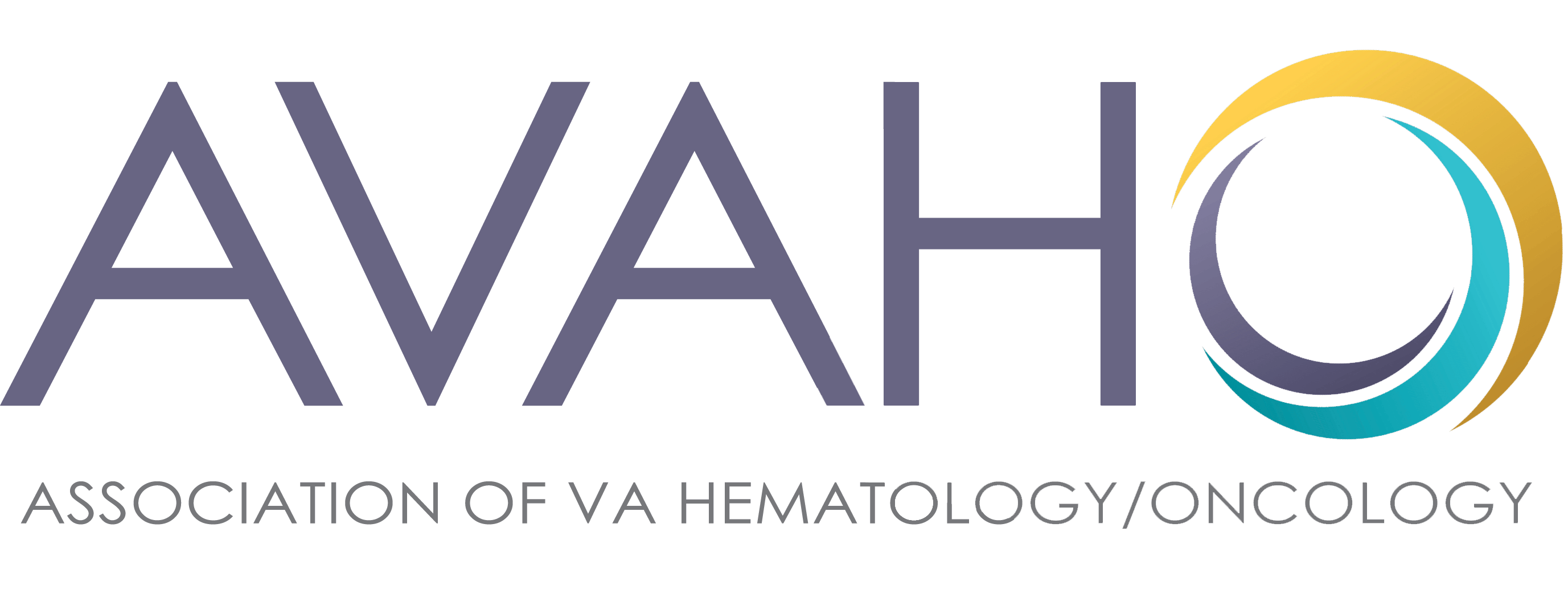Letter from AVAHO to Secretary Collins
The Honorable Douglas A. Collins, Secretary
US Department of Veterans Affairs
810 Vermont Ave., NW
Washington, DC 20420
Dear Secretary Collins,
On behalf of the Association of VA Hematology/Oncology (AVAHO), our 1500 members offer sincere congratulations on your recent appointment and confirmation as the 12th Secretary of the Department of Veterans Affairs.
In particular, your time in the US Air Force during the Iraq deployment has provided you with exceptional insight into many of the veteran health issues our service members experience. And your long tenure as a US Representative will provide you with a unique perspective on the levels of government, helping to promote the mission of the VA.
AVAHO is the organizational home for many healthcare providers serving America’s veterans through their cancer journey. Our members include medical oncologists and hematologists, surgical oncologists, radiation oncologists, pharmacists, nurses, advanced practice registered nurses, physician assistants, social workers, cancer registrars/oncology data specialists, dietitians, and other allied health professionals. AVAHO provides opportunities for networking, educational activities, and improving the research capabilities among VA hematology/oncology professionals.
While the current policy environment is changing with the intent to streamline processes and tighten budgets, there is concern that a rushed and all-encompassing approach to personnel management and budgetary/contract cuts will have unintended consequences. We have already seen specific examples this past week of swift contract cuts impairing the VA’s ability to implement research protocols, process and report pharmacogenomic results, management of Electronic Health Record Modernization (EHRM) council workgroups, and execute new oncology services through the Close to Me initiative, just to name a few.
Both providers and patients, especially those with health issues like cancer, already find it difficult to navigate this ever-changing complex health system. We implore agency leadership to use a cautious and well-researched approach in subsequent changes to personnel and contracts, and offer any expertise we may have in discussing how these changes might impact cancer care within the VA.
We also respectfully ask that you consider exemption requests that are being moved through appropriate agency chain of command for the return to office order for some of our fully remote clinical departments within the VA. A few of these remote departments that are requesting an exemption are the Clinical Resource Hubs (CRHs) and the National Tele-Oncology (NTO) program. These departments have been fully remote since their inception and are designed to help fill gaps in patient care due to rural/travel constraints as well as position vacancies and long-term leave. The CRHs performed over 1.4 million encounters to over 500,000 unique veterans in FY24 alone, often visits that would be cancelled or delayed due to vacancies and leave, and range from primary care, mental health, and specialty care services including oncology. Additionally, the NTO program has provided over 80,000 encounters for cancer care to nearly 20,000 veterans across the nation, with a large portion of these veterans being in rural and underserved areas, while also saving millions of dollars and miles in community care oncology expenditures and veteran travel.
These remote departments’ ability to provide care and fill gaps is predicated on their readiness and adaptability to move between sites and programs seamlessly. We have significant concern that a blanket return to office of these fully remote programs, without an adequate plan for office space, teleworking equipment, and clinical and administrative support could have significant disruption and impairment in their delivery of care, negatively impacting veteran outcomes. Additionally, many VA providers take a significant pay decrease to work in the VA system in relation to comparable private sector positions, often because of a sense of duty to care for this population, but also the work-life benefits such as the flexibility of remote work. By eliminating telework possibilities altogether, we fear this will have the unintended consequence of losing our best and brightest providers, who often have the most options to leave civil service for other higher paying positions.
Finally, investment in clinical trials must continue. For VA providers to implement and execute research, there must be an adequate system in place to support these research programs.
Indiscriminate cuts to contracts and personnel could have unforeseen consequences in many research areas within the VA, so we implore scrutiny in any subsequent changes.
AVAHO is honored to support our VA cancer care professionals and are eager to collaborate with you and the new agency leadership to execute our mission. We would be happy to have further discussion into any subsequent changes to the VA that might impact cancer care and would be honored to offer our knowledge and expertise. Our members are the cutting edge of cancer care for our veterans with passion for this population, and we look forward to continuing to support them.
Once again, congratulations on this important and prestigious appointment at such a critical time in our nation’s history, and please do not hesitate to contact our organization for any information about the issues and programs highlighted above.
Sincerely,
Julie Lawson, MA, CCMP
Executive Director
